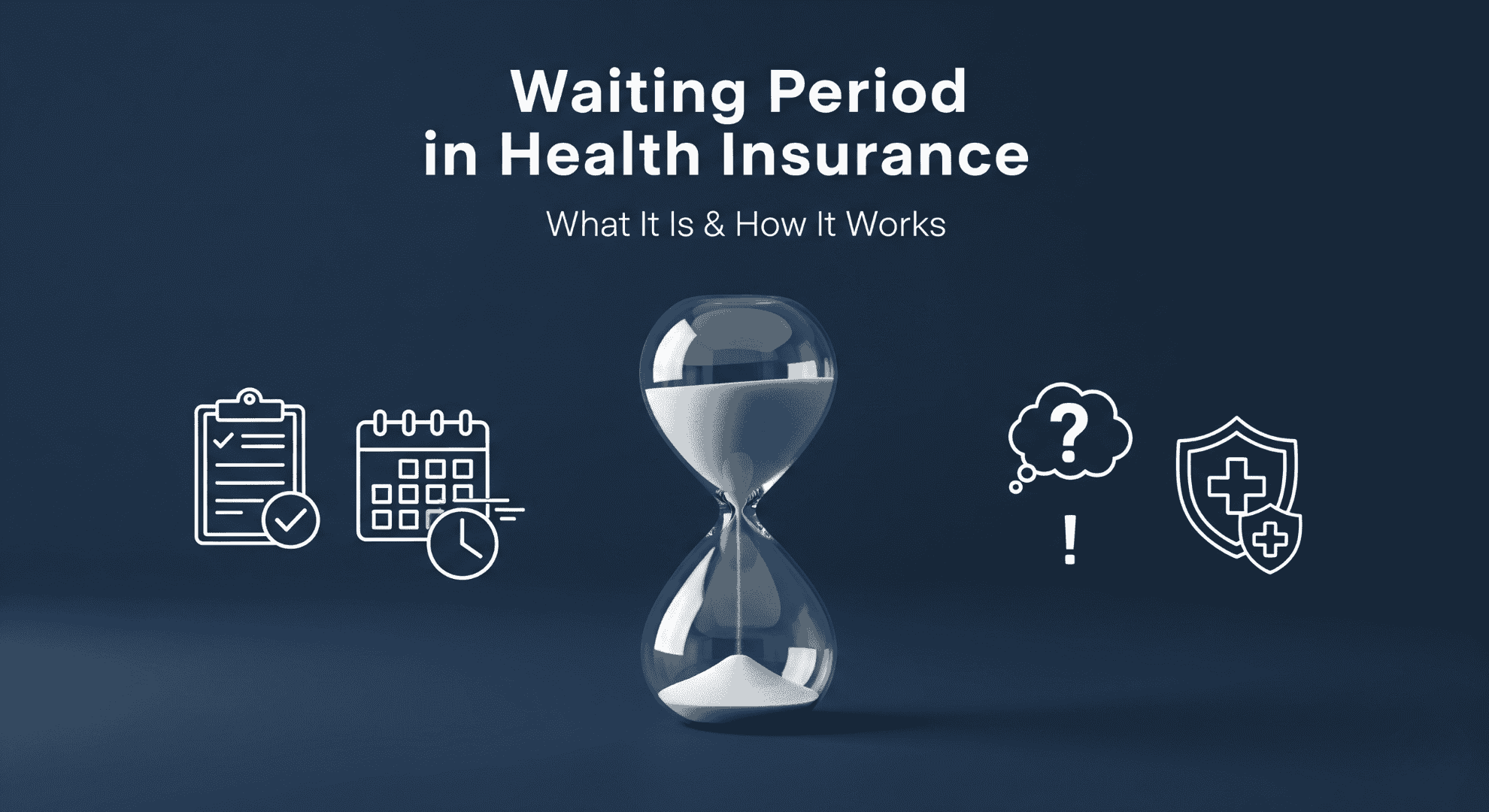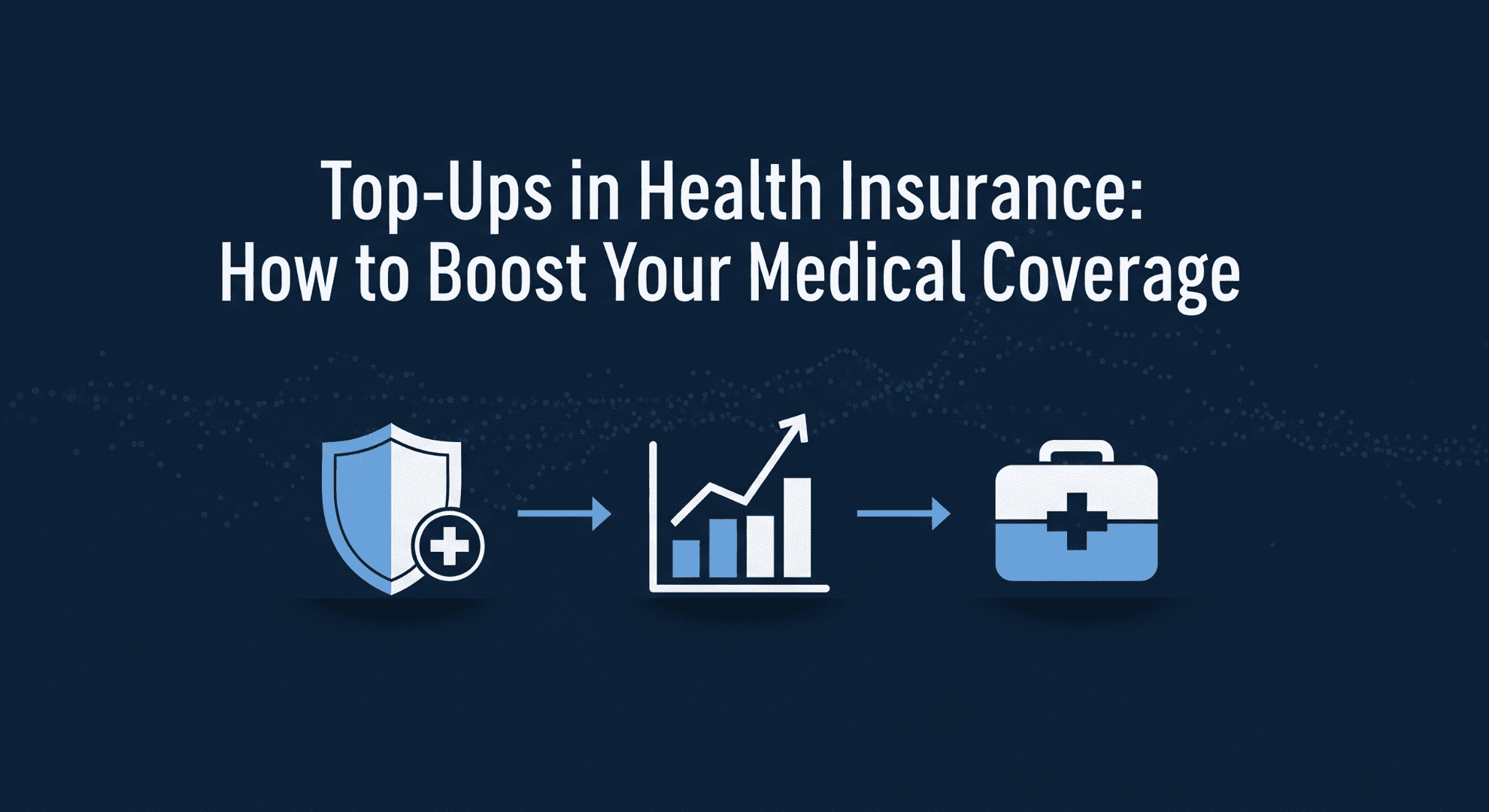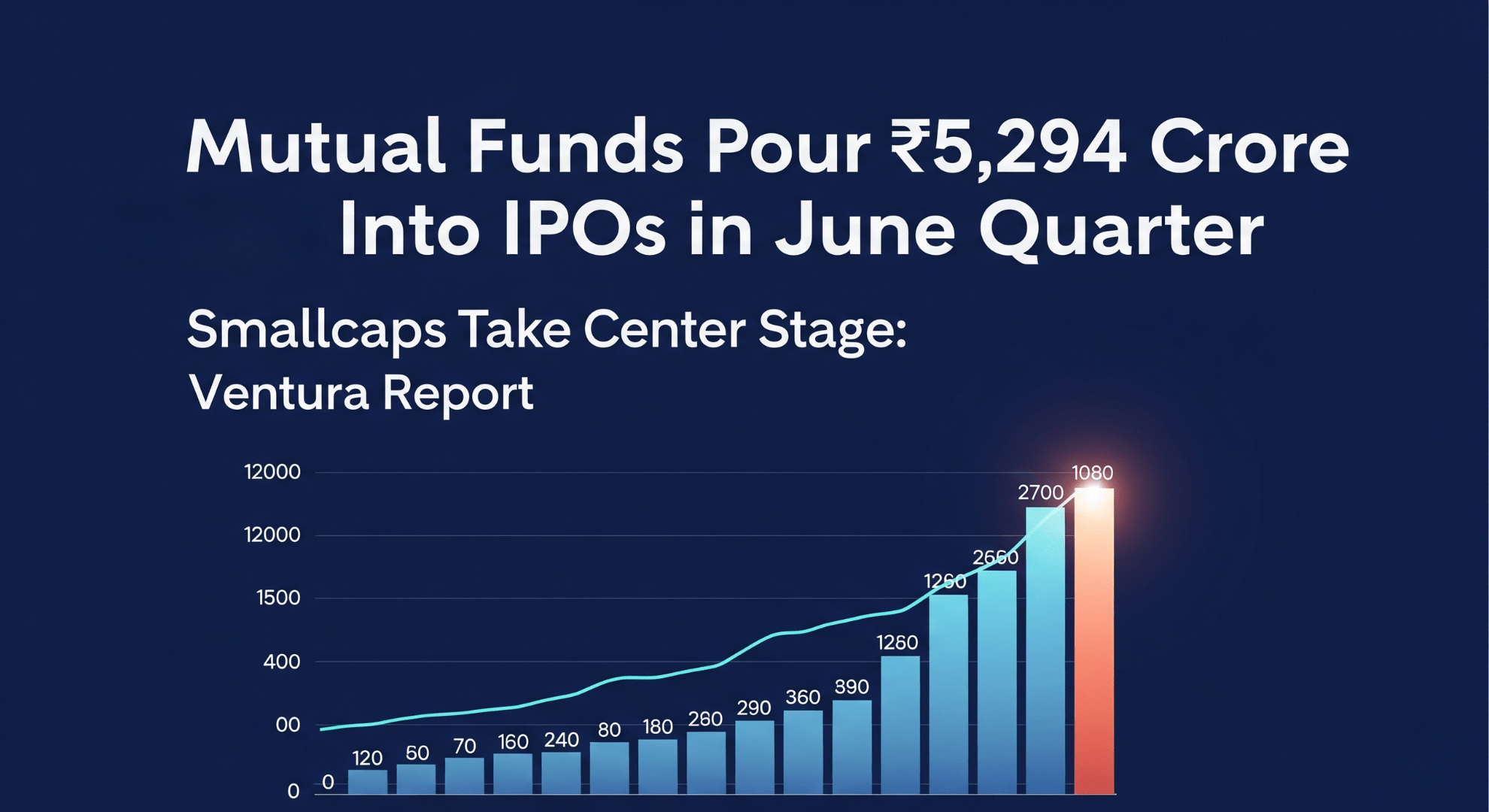
Table of Contents:
- Introduction
- What Is a Waiting Period in Health Insurance?
- Why Does a Waiting Period Exist?
- Types of Waiting Periods
- How It Works in Real Life
- Tips to Minimize the Impact of Waiting Periods
- FAQs
Many health insurance buyers are surprised when they learn they can’t immediately claim certain benefits. This delay is due to the waiting period — a built-in feature in most health policies.
What Is a Waiting Period in Health Insurance?
A waiting period is the time span from the policy start date during which certain claims will not be paid by the insurer. Only after this period ends can you claim those specific benefits.
Why Does a Waiting Period Exist?
Insurers introduce waiting periods to prevent individuals from buying a policy only when they know they’ll need costly treatment soon. It keeps premiums affordable for everyone and discourages fraudulent or opportunistic claims.
Types of Waiting Periods
- Initial Waiting Period – Usually 30 days from the policy start date (except for accidental injuries, which are covered immediately).
- Pre-Existing Disease (PED) Waiting Period – Typically 2 to 4 years before coverage kicks in for illnesses you already had at the time of buying the policy.
- Specific Illness Waiting Period – Certain conditions like hernia, joint replacement, or cataract surgery may have separate waiting periods.
- Maternity Waiting Period – Ranges from 9 months to 4 years depending on the insurer.
How It Works in Real Life
Imagine you buy a health insurance plan on January 1. If it has a 30-day initial waiting period, you cannot claim non-accidental hospitalization until January 31. Similarly, if you have diabetes and the PED waiting period is 3 years, coverage for diabetes-related treatment will only begin from the 4th policy year.
6. Tips to Minimize the Impact of Waiting Periods
- Buy health insurance early while you’re healthy.
- Choose plans with shorter waiting periods.
- Look for “waiver of waiting period” options for an extra premium.
- Continue renewing your policy without gaps to keep your waiting period countdown intact.
FAQs
Q1: Is there any health insurance with no waiting period?
Yes, but they are rare and usually come with higher premiums.
Q2: Does the waiting period apply every year?
No, it applies only once from the start date and is counted continuously as long as the policy is renewed without a break.
Q3: Can the waiting period be waived?
Some insurers allow you to pay extra to reduce or waive waiting periods for certain illnesses.






